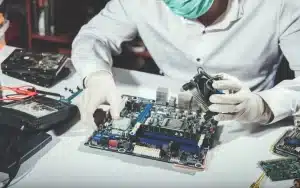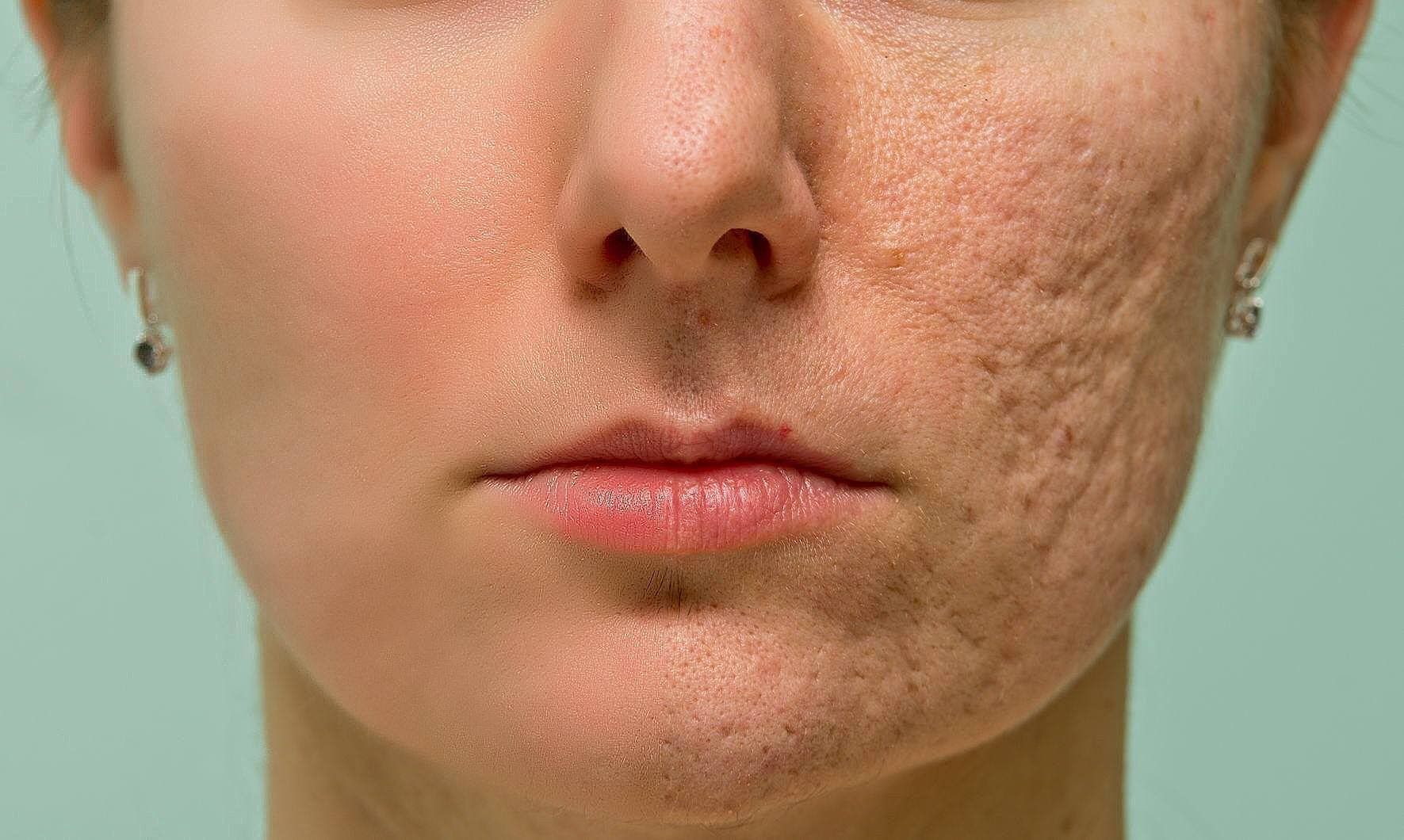Childhood blood cancer or childhood leukaemia is a serious medical condition that affects blood cells and their production in the body of a child. Understanding the symptoms, available treatment options, and care strategies can help parents navigate this challenging time and make informed decisions for their child’s well-being. In this detailed guide, learn more about blood cancer in children, its treatment options, and how to choose the hospital for your child’s care.
What is Childhood Blood Cancer
Childhood blood cancer refers to a group of cancers affecting the blood, bone marrow, or lymphatic system in children. Among these, leukaemia is the most common, followed by lymphoma and, rarely, myeloma. These cancers interfere with normal blood cell production, weakening the immune system and making children prone to infections.
Symptoms of Childhood Blood Cancer
Early symptoms of childhood blood cancer can often resemble common illnesses. Signs include persistent fatigue, frequent infections, and unusual bruising or bleeding. Other indicators may include swollen lymph nodes, prolonged fever, bone or joint pain, and unexplained weight loss. Pale skin or a general lack of energy can also signal the need for a medical consultation.
Diagnosis of Childhood Blood Cancer
Accurate and early diagnosis of cancer is important for treating childhood blood cancer. The diagnosis typically begins with blood tests to detect abnormalities in blood cell counts. Bone marrow biopsies are also done to confirm the presence of cancerous cells. Imaging techniques like CT or MRI scans help determine the extent of the disease.
Treatment Options for Childhood Blood Cancer
Treating childhood blood cancer requires a comprehensive approach, often involving a combination of therapies.
1. Chemotherapy
Chemotherapy is the most common treatments for blood cancer. The procedure involves strong medicines to kill cancer cells and prevent their growth. These medicines are carefully administered in cycles, ensuring that the child’s body has time to recover between sessions.
2. Radiation Therapy
Radiation therapy targets cancer cells using high-energy rays. It is particularly effective in cases where the disease is localized and can also be combined with chemotherapy for better results.
3. Immunotherapy
Immunotherapy enhances the body’s natural immune response to fight cancer. It is increasingly used for children with advanced or relapsed cancers.
4. Bone Marrow Transplant (BMT)
Bone marrow transplantation replaces diseased or damaged bone marrow with healthy stem cells. This procedure is often recommended when other treatments have not been effective or when the cancer is particularly aggressive.
Choosing the Right Care for Your Child
Selecting the right care for a child with blood cancer involves thorough research and planning.
1. Specialised Treatment Centers
Parents should consider hospitals or centers specializing in pediatric cancer care, equipped with advanced facilities and experienced medical professionals.
2. Multidisciplinary Approach
A well-rounded team of experts, including pediatric oncologists, hematologists, and counselors, ensures that all aspects of a child’s care are addressed effectively.
3. Family-Centered Care
Family involvement in treatment decisions is crucial for the child’s emotional well-being. Comprehensive care plans often include parental support and education to manage the challenges of treatment.
The Role of Emotional and Psychological Support
For a child, emotional and psychological support is an important aspect in the treatment. Children undergoing treatment faces emotional turnmoil such as fear and anxiety. Counseling, peer support groups, and recreational therapies can help them cope with the stress of treatment. Similarly, parents benefit from guidance on managing their child’s condition and staying emotionally strong. Addressing these psychological needs ensures that the entire family is better equipped to handle the treatment journey and provide a supportive environment for recovery.
The Importance of Comprehensive Care
Comprehensive care for childhood blood cancer includes not only medical treatment but also nutritional support, psychological counseling, and rehabilitation services. A multidisciplinary approach ensures that the child’s physical, emotional, and social needs are met throughout the treatment process. This holistic care model helps children recover faster and supports their reintegration into regular life, including returning to school and resuming everyday activities. Accessing specialised care facilities with a focus on pediatric oncology is vital for achieving these outcomes.
Know more about : Build Your Childhood Cancer Awareness
Conclusion
Understanding more about childhood blood cancer and the available treatment options is essential for providing the best care to affected children. Timely diagnosis, appropriate medical interventions, and emotional support are key to ensuring positive outcomes. Families should prioritise specialised care facilities like Nanavati Max Super Speciality Hospital and receive comprehensive care for their child.











2 Comments
It means the world to us to hear such positive feedback on our blog posts. We strive to create valuable content for our readers and it’s always encouraging to hear that it’s making an impact.
Your ideas and insights are unique and thought-provoking I appreciate how you challenge your readers to see things from a different perspective